Five African women are leading research and community-focused initiatives aimed at solving some of Africa’s biggest challenges, from health systems to climate change and governance.
Armed with PhDs from the University of Cape Town (UCT), they are combining academic rigor with grassroots engagement to push for impact across Africa.
The five women have been selected by a pan-African postdoctoral fellowship dubbed Mawazo Fellowship, helping them lead the way in policy influence, grassroots innovation, and evidence-based advocacy.
Mawazo Institute is a women-led research organization based in Nairobi, Kenya, that supports early-career African researchers developing solutions to critical local and global challenges.
Who is African PhD Scholar Dr. Esther Mambo
Dr. Esther Mambo is working to address the increasing threat of climate-related disasters in flood-prone urban slums.
Her research focuses on designing climate-resilient housing systems for low-income settlements. In collaboration with local architects and engineers, Dr. Mambo is developing affordable, flood-proof housing prototypes that can be replicated across African cities.
Moreover, her findings are already being reviewed by urban planners and housing policy advisors in Kenya and other parts of East Africa.
Also Read: Dr Gladys Ngetich: Award-Winning Kenyan Engineer Who Earned a PhD at 28 Without a Master’s
Her work has been submitted to the UN-Habitat for potential inclusion in city-level planning tools.
Dr. Maria Kone
In West Africa, Dr. Maria Kone is leading groundbreaking research on maternal health.
Her project uses digital health tools to monitor pregnant women in rural areas, where access to quality healthcare remains limited.
Additionally, she is working with health ministries and mobile health providers who can use her system to track pregnancy risks, provide timely alerts, and reduce delays in care.
Her research has already led to changes in health worker training manuals and is influencing policy conversations around maternal mortality in Mali, Burkina Faso, and Côte d’Ivoire.
Dr. Njeri Mwangi
Dr. Njeri Mwangi is fighting public sector corruption in East Africa using advanced data analytics and forensic accounting.
She has helped identify loopholes in procurement processes and public expenditure systems, and her reports have been tabled before parliamentary committees and used by investigative journalists to expose fraud.
Through her work, Dr. Mwangi is supporting efforts to strengthen anti-corruption laws, especially around transparency in county-level spending.
In addition, her team is developing open-access platforms to help citizens track government budgets and flag irregularities.
Also Read: Meet Eunice Namonywe: The Kenyan Chief Inspector of Police with a PhD
Dr. Zanele Dube and Dr. Fatou Bayo
On her part, Dr. Zanele Dube is addressing language barrier in early childhood education across Africa by creating a multilingual literacy toolkit tailored for classrooms in underserved communities.
Her research shows that teaching children in their mother tongue improves comprehension and long-term learning outcomes.
Piloted in over 200 schools in southern Africa, her toolkit is gaining interest from education ministries.
It includes teacher training modules, storybooks in local languages, and mobile-based assessments.
On the other hand, Dr. Fatou Bayo is working to integrate indigenous knowledge systems into modern climate policy.
Her research documents traditional farming, land management, and water conservation practices across the Sahel region. She argues that Africa’s environmental solutions must reflect the wisdom and experiences of local communities.
Her findings are influencing land reform discussions and biodiversity protection frameworks.
Governments and conservation NGOs are now consulting her to ensure that indigenous voices are reflected in legal and policy decisions.
Follow our WhatsApp Channel and X Account for real-time news updates.
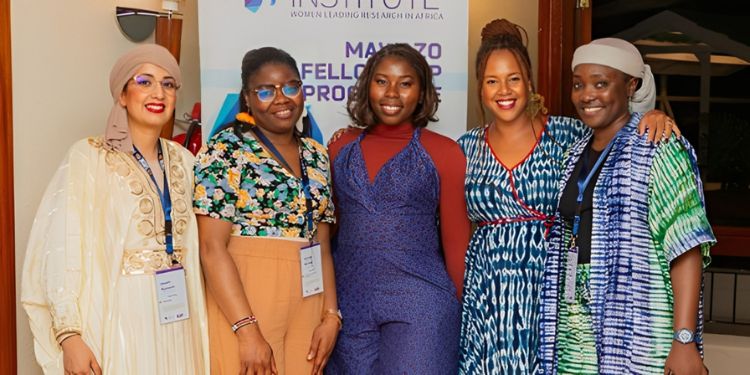

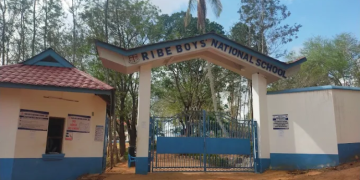
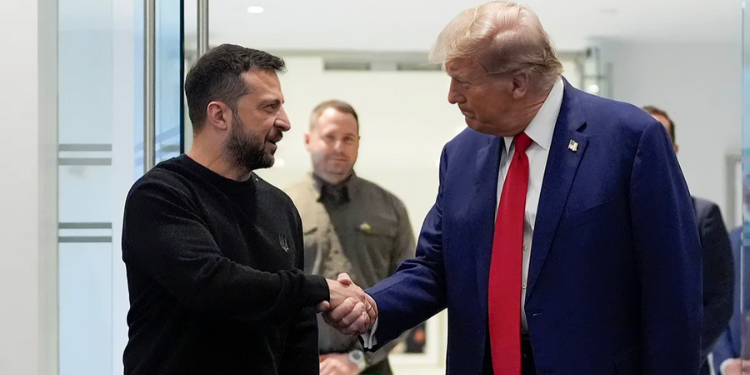

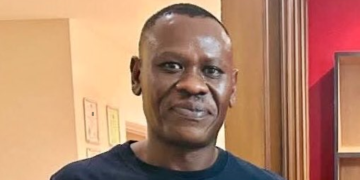
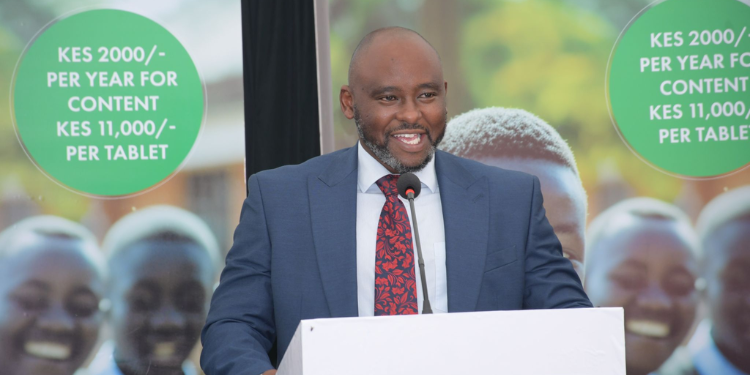

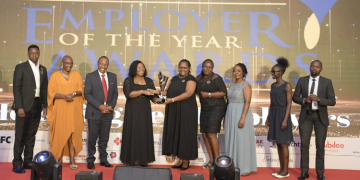

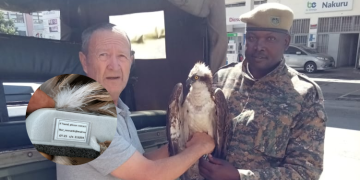






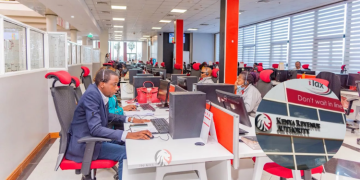
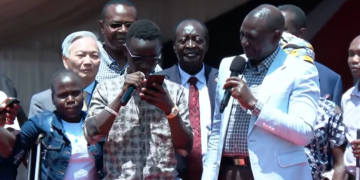


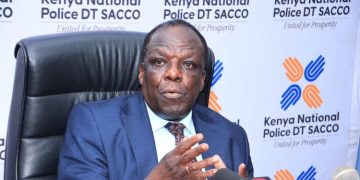
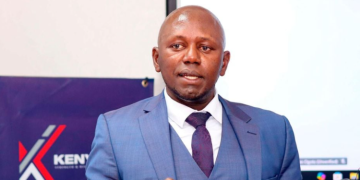
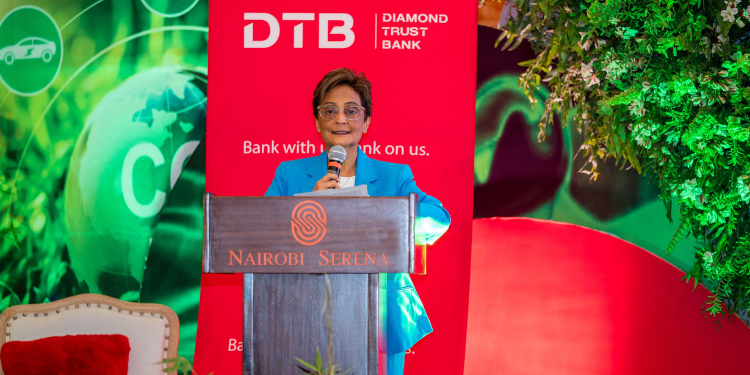




























![Senator Allan Chesang And Chanelle Kittony Wed In A Colourful Ceremony [Photos] Trans Nzoia Senator Allan Chesang With Channelle Kittony/Oscar Sudi]( https://thekenyatimescdn-ese7d3e7ghdnbfa9.z01.azurefd.net/prodimages/uploads/2025/11/Trans-Nzoia-Senator-Allan-Chesang-with-Channelle-KittonyOscar-Sudi-360x180.png)




















